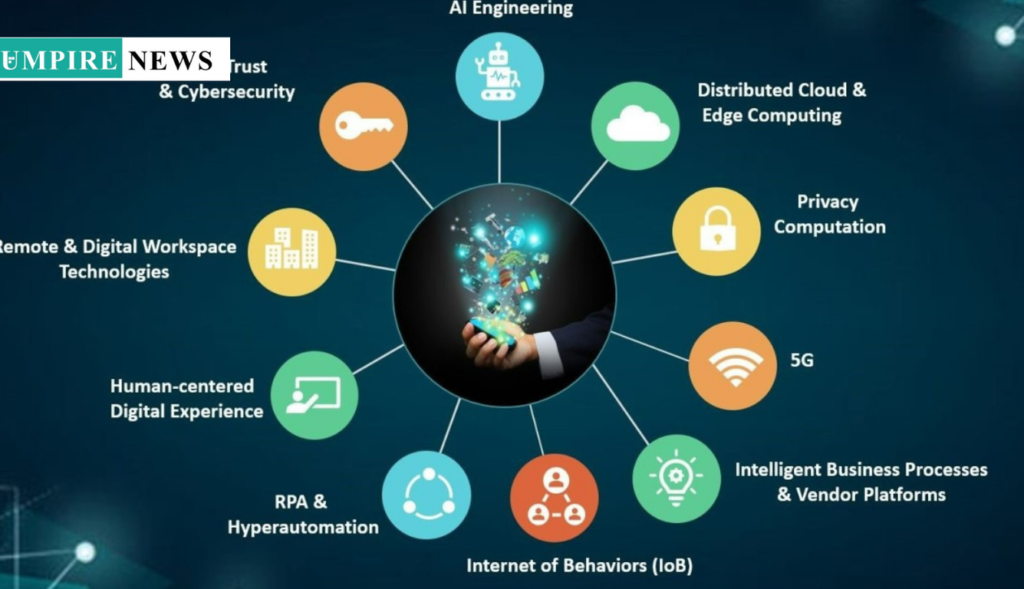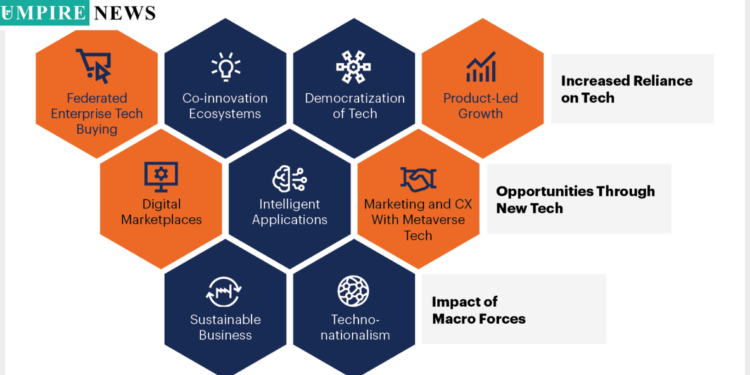In today’s rapidly evolving digital landscape, businesses must adapt to stay competitive. A key strategy for success is prioritizing customer satisfaction. By understanding and responding to changing customer expectations, businesses can build lasting relationships and drive growth.
The Rise of Digital Expectations: Meeting Evolving Customer Demands
Technology has transformed customer behavior, creating a shift in how consumers interact with businesses. Customers demand seamless, personalized experiences across all touchpoints. To meet these expectations, businesses must:
Embrace Digital Transformation: Invest in robust digital infrastructure and tools to streamline operations and enhance customer interactions.
Prioritize Customer Experience: Design intuitive and user-friendly digital experiences that prioritize customer needs.
Leverage Data Analytics: Utilize data to gain insights into customer behavior and preferences, enabling personalized recommendations and targeted marketing.
Additional Strategies for Meeting Digital Expectations
To further meet evolving customer demands, businesses should also consider:
• Implementing Internet of Things (IoT) technologies for seamless connectivity and automation
• Developing augmented reality (AR) and virtual reality (VR) experiences for immersive customer engagement
• Leveraging social media and influencer marketing for targeted customer outreach and engagement
• Fostering a culture of innovation and experimentation to stay ahead of the competition and meet evolving customer needs.
Building Strong Customer Relationships: Key Strategies for Long-Term Loyalty

In today’s competitive business landscape, building strong customer relationships is crucial for driving long-term loyalty and growth. By focusing on the needs and preferences of individual customers, businesses can create personalized experiences that foster trust, satisfaction, and loyalty. Here are five key strategies for building strong customer relationships:
Empathetic Customer Service: Train employees to provide compassionate and effective customer support. This involves actively listening to customers, understanding their concerns, and responding in a timely and personalized manner. Empathetic customer service helps to build trust and demonstrates a genuine commitment to customer satisfaction.
Omnichannel Engagement: Offer consistent and seamless experiences across various channels, including social media, email, live chat, and in-store interactions. This enables customers to engage with your business on their preferred platform, ensuring a cohesive and convenient experience. Omnichannel engagement also facilitates personalized interactions, as customer data and preferences can be shared across channels.
Proactive Problem-Solving: Anticipate and address customer needs before they become issues. This involves leveraging data analytics and customer feedback to identify potential pain points and develop proactive solutions. Proactive problem-solving demonstrates a customer-centric approach, showcasing your business’s commitment to delivering exceptional experiences.
Personalized Marketing: Tailor marketing messages to individual preferences and behaviors. This involves leveraging customer data and analytics to create targeted campaigns that resonate with specific customer segments. Personalized marketing helps to build trust, increases engagement, and drives conversions.
Continuous Feedback and Improvement: Encourage customer feedback and use it to drive continuous improvement. This involves actively soliciting feedback through surveys, reviews, and social media, and using this feedback to inform product development, customer service, and marketing strategies. By demonstrating a commitment to continuous improvement, businesses can build trust and loyalty with their customers.
By implementing these strategies, businesses can build strong customer relationships that drive long-term loyalty and growth. Remember, customer relationships are a two-way street – by listening to customer needs, providing personalized experiences, and demonstrating a commitment to continuous improvement, businesses can create loyal customers who become advocates for their brand.
Navigating the Digital Landscape
To thrive in today’s fast-paced digital environment, businesses must be proactive and adaptable. Here are four essential strategies to help you stay ahead of the curve:
Stay Informed: Continuously monitor industry trends and emerging technologies to identify opportunities and threats. Attend conferences, webinars, and workshops to stay up-to-date on the latest developments.
Adapt to Change: Be agile and willing to pivot strategies as needed to stay competitive. Encourage a culture of experimentation and learning within your organization.
Foster Innovation: Encourage creativity and experimentation to develop innovative solutions. Provide resources and support for employees to explore new ideas and approaches.
Measure and Analyze: Track key metrics to assess the effectiveness of digital initiatives and make data-driven decisions. Use analytics tools to monitor customer behavior, track engagement, and measure ROI.
In conclusion, businesses that prioritize customer satisfaction and embrace digital transformation are well-positioned to succeed in the dynamic digital landscape. By understanding customer needs, leveraging technology, and fostering strong relationships, businesses can build a loyal customer base and achieve long-term growth.




































